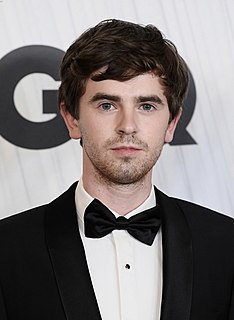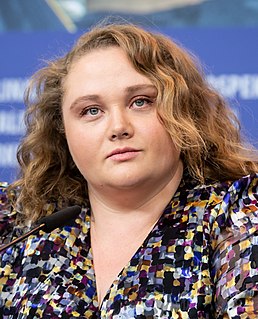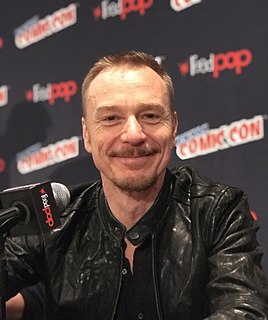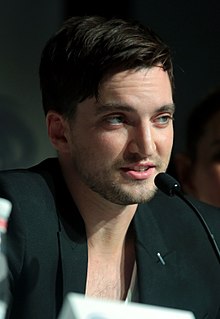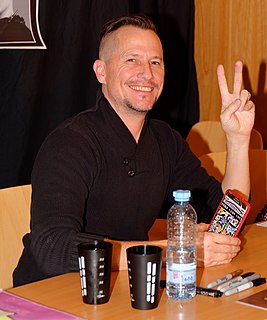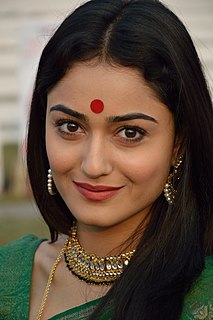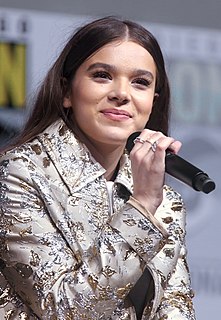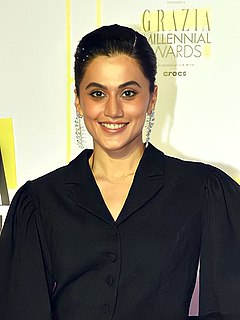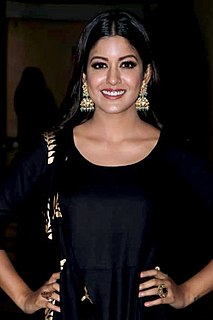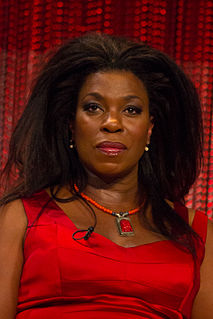A Quote by Jisshu Sengupta
I just focus on my character and how pivotal it is to the narrative. I don't mind even a 10-minute role, if it's important to the script.
Related Quotes
I had to audition for Fandango. When I read the script, the role that was interesting - so everyone thought - was the role that Costner played. He was the cool guy. And I read the script, and my representation at the time said, "That's the role you should read for." And I was like, "Really? How about I read for this other role." And they went, "Well, you're not going to get that role."
I make a playlist for every character I portray. Music plays a huge part in helping me understand a character. Every time I get a new role, I will take a chunk of time to just sit and listen to a bunch of songs and select the ones that make sense in my mind for that character. I can't even explain how much it helps me.
Any script, even like The Founder, if it's something that I imagine myself playing this character or that character - any of the characters, basically - how do we flesh these characters out to be good enough to have amazing actors that come in that make it really difficult for them to say no? Even though I'm not right for any of those parts, that's just kind of how we go about it.
The minute I know it's real to the minute we start shooting, I will work on the script, breaking it down and working on the character, doing as much research as I possibly can to the point where I feel like I eat, sleep and breathe it without looking at a page. Then I go in and try to forget all of it and just be there.

